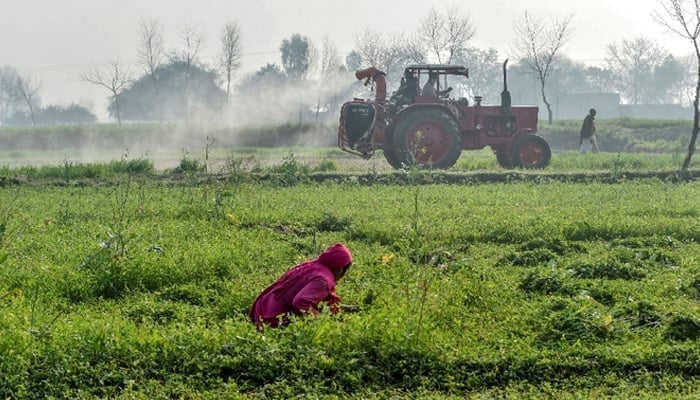
Khyber Pakhtunkhwa Introduces Agricultural Income Tax Bill 2025
In a landmark move, the Khyber Pakhtunkhwa Assembly introduced the Agricultural Income Tax Bill 2025 to regulate and tax income derived from agricultural production. Presented by Law Minister Aftab Alam, the bill proposes a tiered tax system aimed at ensuring fair taxation while boosting provincial revenue.
This significant development highlights the government’s push toward broadening the tax base by including agricultural earnings under taxable income categories.
Key Highlights of the Agricultural Income Tax Bill
The bill introduces a progressive tax structure, ensuring landowners and farmers pay taxes according to their agricultural income.
Tiered Tax System Based on Annual Income
- 15% Tax: Incomes between Rs. 600,000 and Rs. 1.2 million.
- 20% Tax: Incomes between Rs. 1.2 million and Rs. 1.6 million.
- 30% Tax: Incomes ranging from Rs. 1.6 million to Rs. 3.2 million.
- 40% Tax: Earnings exceeding Rs. 5.6 million.
- An additional super tax will apply to landowners earning more than Rs. 150 million annually.
Taxation on Land Area
The bill also sets guidelines for taxing agricultural land, whether cultivated or uncultivated:
- Cultivated Land: Tax applicable on 50 acres or more.
- Uncultivated Land: Tax imposed on 100 acres or more.
Corporate Farming operations are categorized based on size:
- Small businesses face a 20% tax.
- Larger entities incur a 29% tax rate.
Zonal Tax Collection Systems
The Revenue Board will oversee tax collection by creating zonal tax systems and categorizing lands into three zones. Taxes will range between Rs. 500 and Rs. 1,200 per acre, depending on the zone classification.
To ensure compliance, landowners operating across multiple patwar circles must submit detailed information about their land locations along with their tax returns.
Penalties for Non-Compliance
Stringent penalties are proposed for non-payment of taxes without valid justification. A daily fine of 0.1% will be levied, acting as a deterrent to tax evasion.
Implications of the Agricultural Tax Reform
The Agricultural Income Tax Bill 2025 is expected to have far-reaching implications:
- Increased Revenue: The tax reform will significantly enhance Khyber Pakhtunkhwa’s revenue base.
- Accountability: The introduction of penalties and compliance measures ensures transparency in tax collection.
- Fair Contribution: Wealthier landowners and corporate entities will bear a greater tax burden, aligning with the government’s vision of equitable taxation.
A Step Toward Economic Stability
The taxation of agricultural income is a step toward broadening the provincial tax base while addressing socio-economic inequalities. However, the policy also raises questions about its impact on smaller landowners and whether they may feel the ripple effects of taxation indirectly through increased costs or reduced subsidies.
The implementation of this bill will require strong governance and efficient zonal systems to ensure compliance without undue burdens on farmers and landowners.
For more details on tax reforms in Pakistan, visit the official Government of Pakistan Finance Division.







